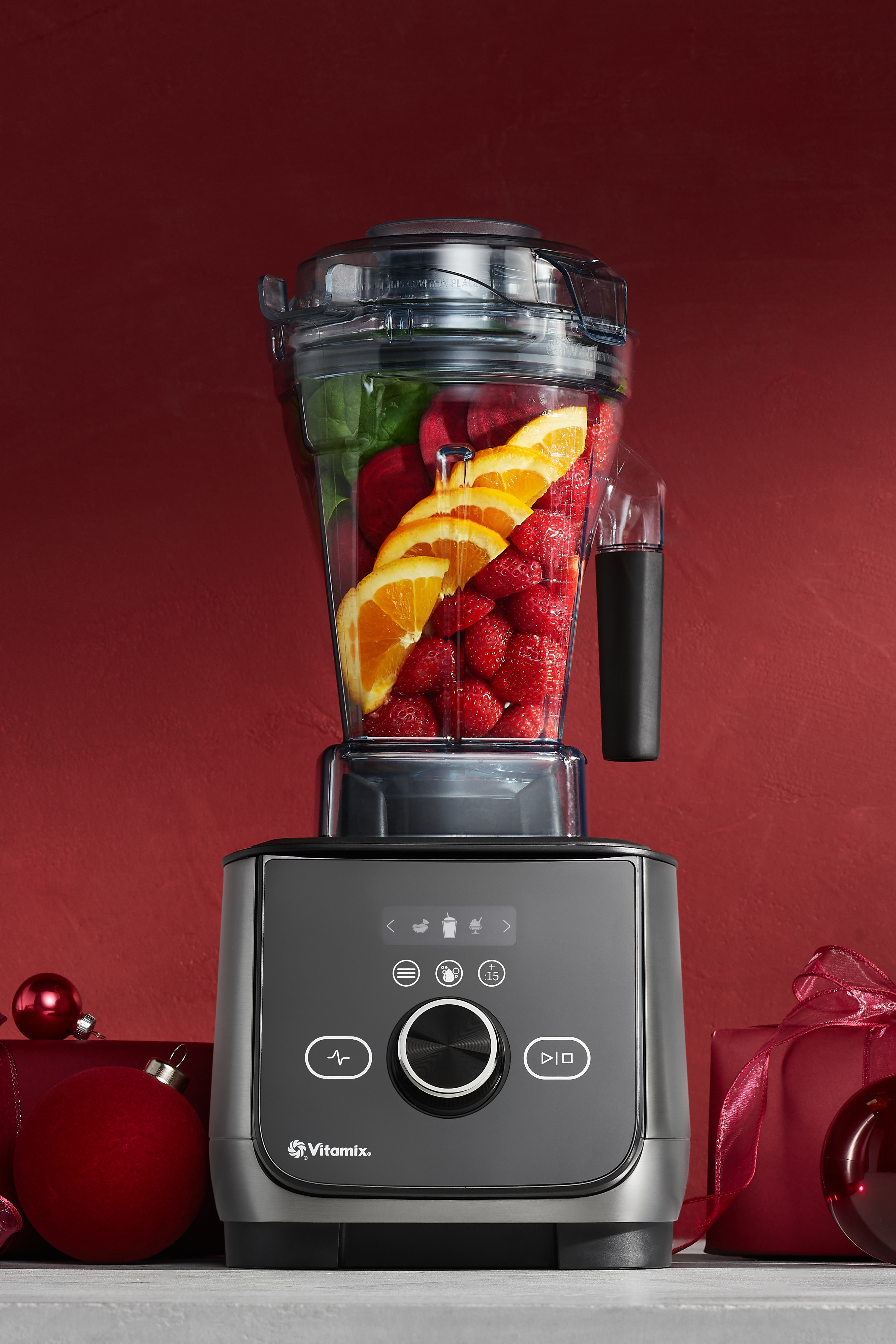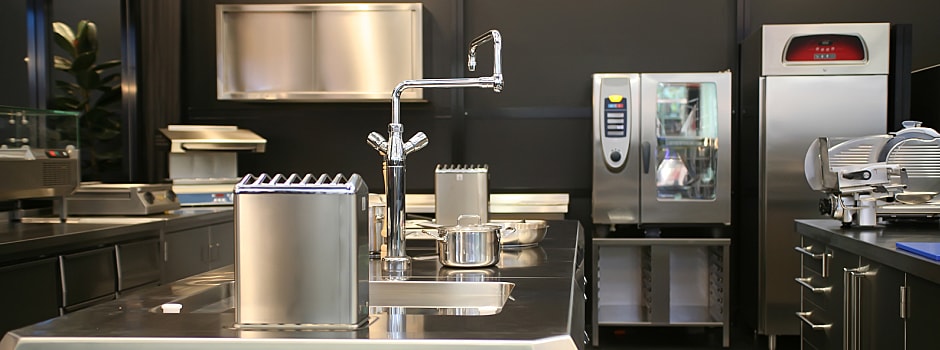As an aspiring chef, you're probably wondering where you can test recipes, how you'll be able to launch your catering business, or where you'll build your concept to attract investors. Luckily, having access to a commercial kitchen for rent could be the answer to many of your questions. If you're thinking about capitalizing on an available kitchen, here are a few considerations and options to keep in mind before moving forward with an agreement.
Equipment and Time
Kitchen space is key when you're looking to simply improve your skills in the kitchen, develop a new business, or improve an existing operation. Ensure that the equipment is what you need by touring the facility before you sign on the dotted line. If you are a baker, for instance, and there is no 60-quart mixer available, that could seriously inhibit your ability to execute on the product you're looking to create. Find out what equipment is included with the rental and whether there are any stipulations as to what can or cannot be used.
Insurance
There is inherent risk when taking on a commercial kitchen for rent. Unfortunately, fires, falls, cuts, and food-borne illnesses are all common in the kitchen. "I rent a couple of different kitchens for my catering business, and I have my own liability insurance for my company," says Carrie Amo of Wandering Culinarian in Texas. A kitchen owner can—and often will—require a certain amount of insurance to shield their liability when you use their space. Depending on the state and municipality in which the kitchen is based, the insurance requirements vary. Some owners even require a food-safety certification, such as one from ServSafe.
Regulations
Regulations vary by state and county, and local rules may require inspections and/or certifications, so be aware of what you're getting into before you commit to renting a space. The overarching health department may require separate handwashing facilities, or standards for hood cleaning or garbage removal, which may not be in place. Know the facts before taking on a lease or rental agreement.
Time and Space
Many commercial kitchens for rent will operate day and night, which can be incredibly convenient. Some kitchens, however, close their doors to renters during operating hours when the owner is using the space. If you don't have a preference, you may be able to receive a price break for using the kitchen during off-peak slots when oven time is in less demand. Find out if there are convenient load-in/load-out facilities, as well as adequate cold storage, at the space you'll be renting. While some commercial kitchens for rent will allow you to store your product in a walk-in refrigerator, others don't have the space or may charge a premium for access.
Benefits
If you're considering renting a kitchen space, there are a number of benefits to moving forward. First, if the outcome of your idea or plan is unknown, trying it out first in a third-party kitchen will prevent you from dropping losing a large investment if your venture doesn't work out. Often, a potential new restaurant operator is already strapped for cash, so having a venue to try recipes, launch a catering business, or dig into a concept can be a convenient and cost-effective tool. Not to mention, the old saying that "practice makes perfect" still rings true. By practicing your craft in a safe space, you'll become a better chef, and you'll have the chance to experiment with fresh ideas and new ingredients.



